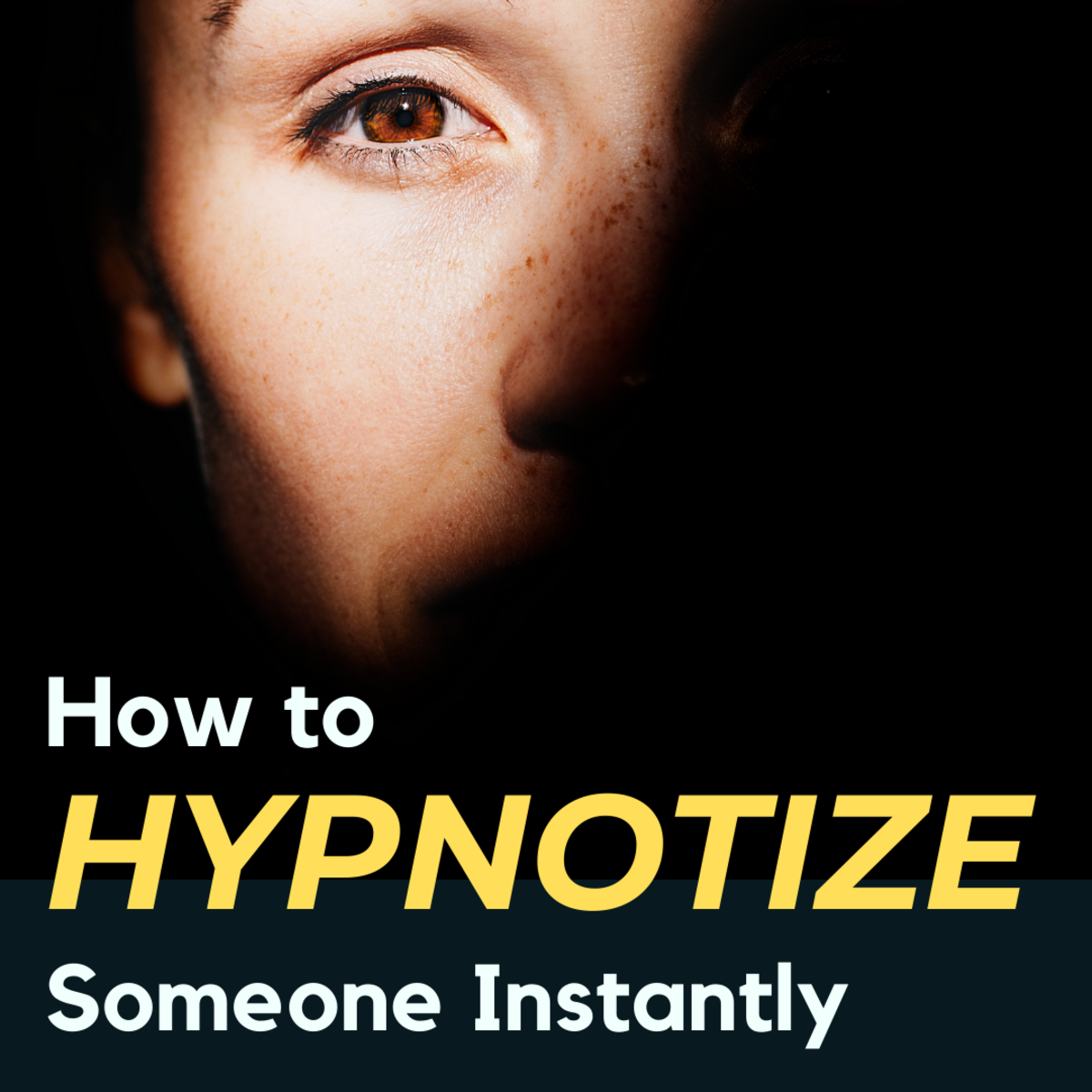Can You Actually Choose to Be Happy?

Why Are So Many People Unhappy?
If happiness is a birthright of every human being and not a blessing bestowed on the select few, why are there so many unhappy people?
A recent report says that Americans are among the most unhappy people in the world, with one in 10 adults being clinically depressed. We rely on prescription drugs more than ever before, we have access to more pleasures and entertainment than ever before, we have the longest life expectancy than ever before, yet we are profoundly fundamentally unhappy.
Perhaps, there are many reasons for this existential malaise, but one problematic cultural attitude is evident: Americans (and people in other developed countries) often see happiness as the goal to be accomplished, a logical outcome of having the things they want. "If only I was thinner," or "If only I was more successful," or "If only I didn't have to worry about money".
The last one is my husband's personal favorite: "If only I won a lottery and didn't have to ever worry about money. Then we could travel for the rest of our lives. Buy a beach house with a big yard for the dogs. Do philanthropy like building orphanages and animal shelters. We would actually be able to help people!"
It doesn't occur to him that he can help people now, even with his limited resources. Just like it doesn't occur to him that he could be happy now, not when all the wishes on his 'list' come true.
Sick with Desire
If you're anything like my husband, you're not clinically depressed, but you're not happy, either. Something's missing.
Something is always missing. Yet when you do get what you want, one of two things happen: you either don't feel any different, or you already want something else. A quick moment of satisfaction, and you're back to the habitual state of dissatisfaction.
Eastern philosophies like Buddhism long warned us about this. They teach that desire keeps us chasing after the objects or ideas that symbolize happiness, while preventing us from actually experiencing it. (This is a Buddhist definition of the Ego: mistaking a desire satisfaction for happiness, getting caught up in the world of illusion.)
If this vicious cycle sounds familiar to you, don't beat yourself up - you're not alone. This is how most people approach happiness: as a desire to be satisfied. Meanwhile, it's becoming perfectly clear that it's the way we think, the way we phrase and construct our reality that determines whether or not we feel 'happy'.
Becoming Aware of Your Subconscious Beliefs
Our deepest beliefs and neuro-linguistic patterns have the greatest influence on how we experience reality. In that sense there is no 'objective reality', only the perceiver of reality, the experiencer, YOU.
So becoming happier inevitably involves becoming aware of the thought/belief components that make up our innate thought patterns.
This is a tricky process because subconsciously we tend to hold on to these thoughts and beliefs as the truth, and discard all the evidence to the contrary: a beautiful girl can believe she's ugly, a successful man can believe he's a failure etc. But once you identify these self-sabotaging beliefs, you can begin re-training the mind to think differently.
Say your relationship pattern is "hit and run": you get involved with someone quickly, and then run at the first threat of real intimacy. At times you may feel depressed, powerless - even desperate, and fearful of the future. That's when you start taking inventory of all your past relationships, including the very first one with your parent. You may realize that your fear of intimacy stems from the belief that people you love will leave you, or reject you in some other way. Needless to say, a belief like that is a self-sabotaging way to relate to people, and a serious obstacle to a healthy relationship of any kind. You decide that you'd like to change that.
Now how can you actually change the way you think?
How To Change Your Subconscious Thoughts
This is not about "Positive Thinking"
Personally, I'm weary of positive thinking. No one should force a smile and pretend everything's peachy if they're suffering.
Instead, you want to examine your emotions and identify the thoughts that are behind them. Once you do, you may realize that these thoughts are erroneous or otherwise undesirable.
"Does not our unconscious thoughts appear as our rational conscious thoughts, thus why we tend to get caught up blindly reacting to the influence of emotions?" Alan Watts
That does not mean denying yourself the experience of the entire emotional range, or censoring "bad" emotions in order to appear self-controlled. Rather, we can use emotions as valuable self-awareness tools to become clear of emotional blocks that prevent us from experiencing higher emotional states like joy, happiness and tranquility. And we can learn how to regulate them in a way that maximizes personal well-being.
To a larger point, this is not about forcing yourself to believe what's not true, or to think in unnatural ways. Your subconscious mind is not the enemy; it is potentially your greatest ally. It's like software that uses your past experiences to run this program called "your life".
So if you want to create internal change in order to experience greater satisfaction or happiness, you need to update your software once in a while, to give it some new parameters like gratitude, joy, balance, self-worth etc.

Scientifically Proven Keys to a Happier Life
- having healthy long-term relationships
- enjoying the simple things
- decluttering
- helping others, giving generously
- accepting who you are, accepting your feelings and shortcomings
- breaking the routine
- meditating regularly
- making up the bed each morning (this is an odd one, but studies actually show that it makes a huge difference in your day)
But Can You Actually Choose to Be Happy?
To live happily is an inward power of the soul. ~ Marcus Aurelius
There is a great deal of choice in who we are and the kind of reality we experience.
It's especially true for the mental states we call "emotions". Choosing to focus on positive ones has tremendous power to give a desired form to an experience, like a sculptor giving form to a piece of clay.
In Hebrew, the most ancient of modern languages, the word for sculpture has the same root as the verb "to reject", "to deny".
The principle is clear: to sculpt is to simply discard of the undesired, extraneous, redundant pieces, to do some conceptual editing.
It's the same principle that Michelangelo explained when asked how he sculpted David: "It is easy. You just chip away the stone that doesn't look like David." He said:
"In every block of marble I see a statue as plain as though it stood before me, shaped and perfect in attitude and action. I have only to hew away the rough walls that imprison the lovely apparition to reveal it to the other eyes as mine see it."
And so can we chip away the walls that imprison the joy, the mystery, "the rapture of being alive" (J. Campbell). We're entering a new era where metaphysical creativity is the only way to evolve, and it's contingent on the realization that we have that power.
For that is the quintessential human challenge: to learn how to create change and be the sculptors of our lives, not the clay.

© 2013 Lana Adler








